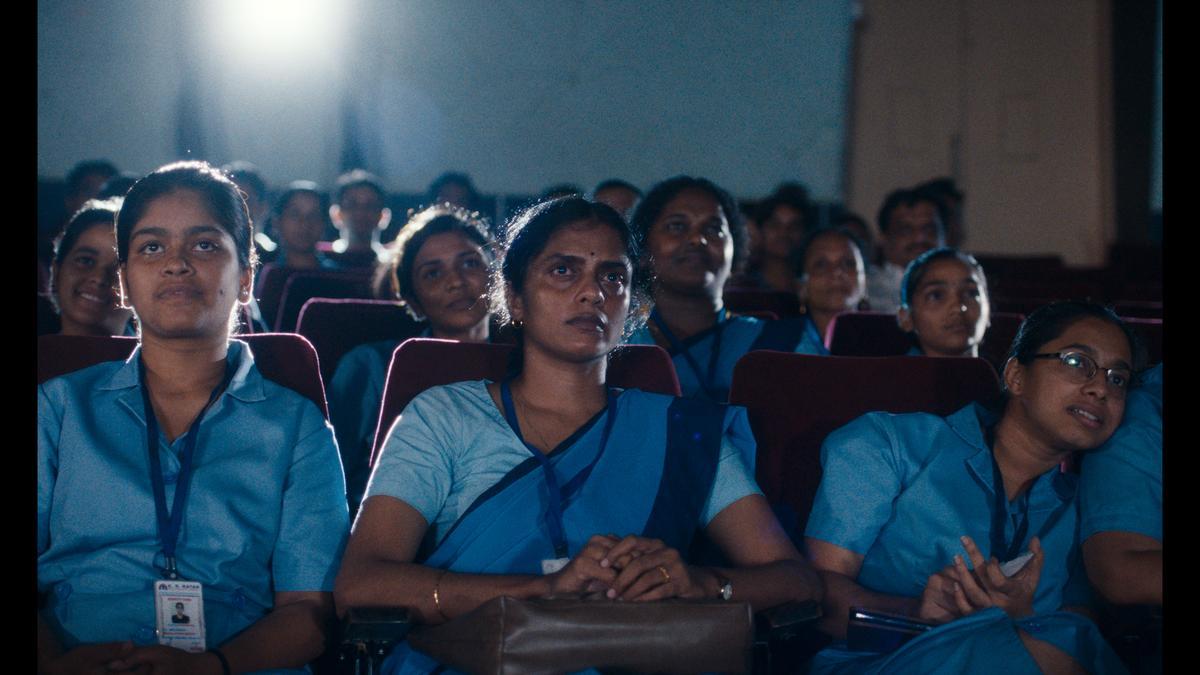
As Hurricane Milton edges ominously towards Florida’s western verge, the serene coastal city of Fort Lauderdale braces itself with cautious optimism. Despite predictions suggesting minimal damage, local authorities remain on alert, rolling out advisories for tropical storms and potential flooding. Meanwhile, within the backdrop of this meteorological uncertainty, Argentina’s national football team faces a logistical challenge that places their forthcoming World Cup qualifier against Venezuela in the balance.
Lionel Scaloni, the astute manager of Argentina’s national side and a former player himself, articulated his concern to reporters during a routine briefing. The team has been stationed in Fort Lauderdale in anticipation of the critical match against Venezuela in the northeastern city of Maturin. This encounter, set for Thursday, represents not just another game, but a pivotal moment in their World Cup journey. Scaloni voiced his primary concern: “The game is important, but the safety issue is even more important.” His words captured the juxtaposition of their competitive ambitions and the looming threat of the storm.
The significance of this match is underscored by Argentina’s commendable position in the South American zone standings, where they lead with 18 points garnered from eight challenging games. They find themselves a narrow two points clear of Colombia, their closest pursuers. This positions the game against Venezuela as essential not only for maintaining their supremacy but also for securing a smoother path to the much-coveted World Cup stage.
The Argentine squad, glittering with world-renowned talent and driven by past victories, finds itself temporarily stalled by the uncertainty of nature’s wrath. The urgency of reaching Venezuela as planned is palpable. But as the hurricane’s course unfolds, the potential delays in logistics could jeopardize this carefully laid plan, with implications that extend beyond just the field.
.
From the safe yet watchful confines of Fort Lauderdale — although assured a largely unharmed passage as far as the predictive models suggest — the Argentine team remains trapped in a limbo of anticipation. The city has issued precautionary alerts, though it doesn’t anticipate severe impacts from Hurricane Milton’s ferocious advance over the Gulf of Mexico.
In the interim, the subject of the game arises not just in the context of its significance to the World Cup but as part of a broader narrative involving the unpredictability of natural events affecting human endeavors. The hurricane, poised as a formidable force marked at Category Five, commands a respect that dictates attentiveness over adventurous scheduling.
As the days unfold, the focus remains not just on whether Argentina will maintain its standing in the league’s leaderboard, but also on the logistical conundrums of air travel amidst unsettled weather. Scaloni’s camp, with all eyes fixed on both atmospheric updates and football strategies, finds itself balancing preparation with provident caution.
While the narrative of sport regularly pits skill against strategy, this instance depicts a humbling reminder of the elements that remain beyond human control. Intense preparations, dietary regimens, strategic discussions, and fitness drills have all been calibrated with precision by Scaloni and his team. However, in this unexpected pause lies a testament to the broader understanding that sometimes, safety must precede selection and strategy.
This story, sourced from third-party syndicated feeds, emphasizes the contingent nature of travel and competition amid natural adversities. Though Mid-day remains neutral regarding the content’s dependability, it stands ready to make editorial adjustments as deemed necessary.
As storms are expected to pass, leaving economies to recover and passions to reset, Fort Lauderdale’s tropical cautioning demonstrates a nugget of wisdom that holds true universally: sporting spectacles, no matter how grand, yield to the primary concern for life and safety. As Argentina’s path hangs in question, the world watches — both for the outcomes on and off the field.










